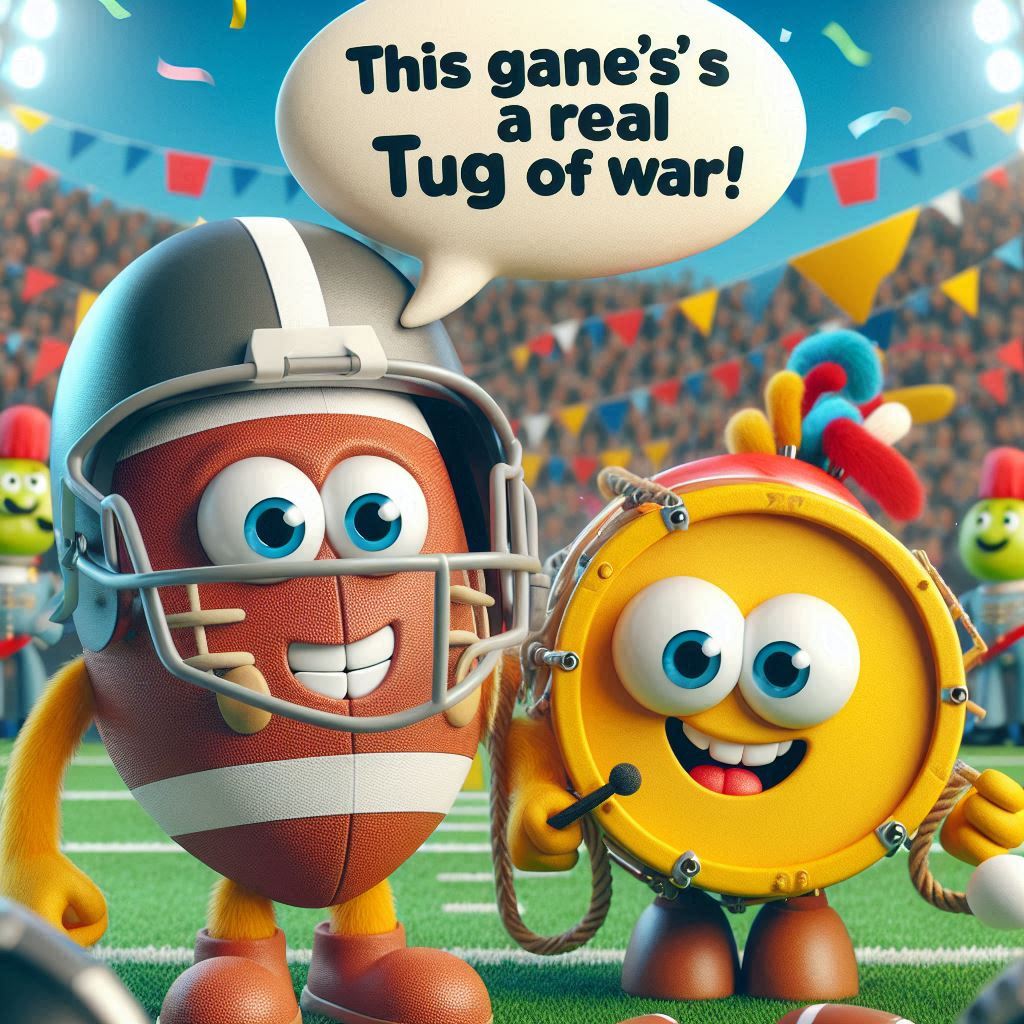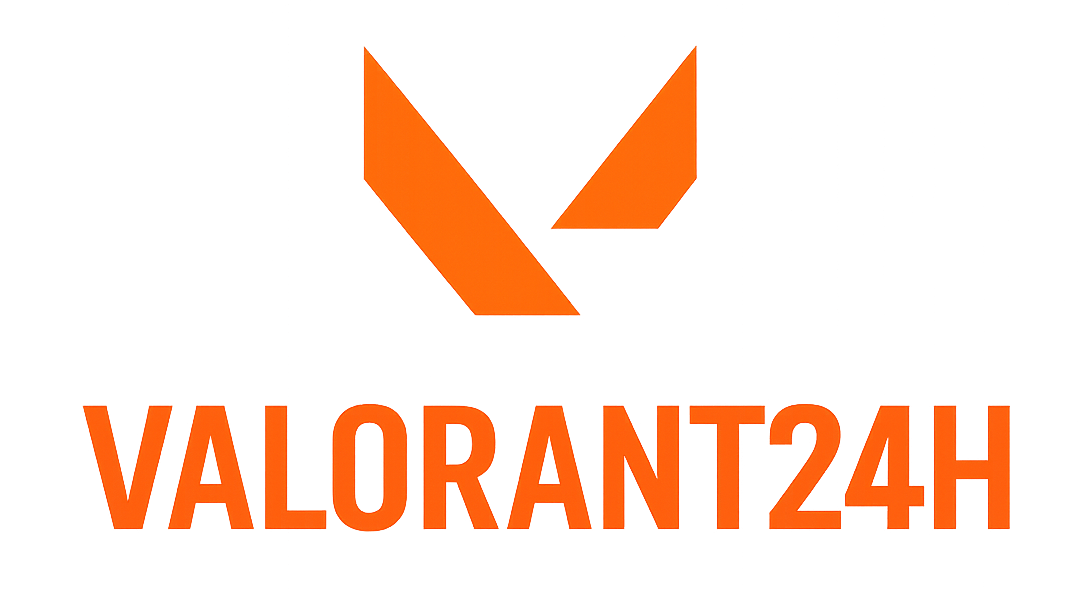
Laughing All the Way to Level Up: A Celebration of Humor in Animated Games
Forget gritty realism and brooding protagonists. Sometimes, the best way to conquer a quest is with a well-timed fart joke, a sarcastic quip, and a visual style so charming it could disarm a goblin. Animated games, with their inherent flexibility and often-whimsical aesthetic, have long been a fertile ground for cultivating hilarious experiences. They’re not afraid to embrace the absurd, to poke fun at genre tropes, and to deliver humor that ranges from slapstick silliness to razor-sharp wit.
Why are animated games so well-suited for comedy? Several factors contribute to this potent blend:
- Visual Exaggeration: Animation allows for the bending and breaking of reality. Characters can contort into impossible shapes, objects can react with exaggerated physics, and visual gags can be pushed to the absolute limit. This opens up a world of comedic possibilities that simply aren’t achievable in live-action or even hyper-realistic games.
- Character Design and Expression: Animated characters can be designed to be inherently funny, with exaggerated features, quirky mannerisms, and expressive faces that telegraph their emotions with comedic precision. Think of the perpetually surprised look of a Minion, or the bewildered grimace of a Wallace & Gromit creation.
- Voice Acting and Dialogue: Animated games often boast incredible voice acting talent, capable of delivering lines with impeccable comedic timing and infusing characters with personality through vocal inflection alone. Coupled with clever writing, this can elevate even simple interactions into laugh-out-loud moments.
- Freedom from Realism: The less beholden a game is to realism, the more freedom it has to explore outlandish scenarios and absurd situations. Animated games can delve into the surreal, the nonsensical, and the downright bizarre, all in the name of a good chuckle.
Let’s dive into some prime examples of animated games that have successfully weaponized humor:
The Point-and-Click Pioneers of Silliness:
The golden age of point-and-click adventure games was a treasure trove of comedic brilliance. Developers like LucasArts and Sierra Entertainment perfected the art of combining challenging puzzles with witty writing, memorable characters, and a healthy dose of self-aware silliness.
- Monkey Island Series: Guybrush Threepwood, mighty pirate (wannabe), is a comedic icon. His relentless optimism, terrible puns, and knack for getting into trouble made the Monkey Island series a landmark in gaming humor. From insult sword fighting to using rubber chickens with a pulley in the middle, the series is packed with memorable gags and genuinely clever writing.
- Day of the Tentacle: Another LucasArts masterpiece, Day of the Tentacle throws time travel, mutated tentacles, and a trio of hilariously mismatched protagonists into a blender and serves up a cocktail of absurdity. The game’s non-sequiturs, historical inaccuracies, and surreal visuals create a comedic experience that is both intelligent and utterly bonkers.
- Space Quest Series: Sierra’s Space Quest series, starring the hapless janitor Roger Wilco, poked fun at science fiction tropes with its charmingly low-budget aesthetic and self-deprecating humor. Wilco’s constant near-death experiences, his inability to understand alien languages, and his general ineptitude made him an endearing and relatable comedic protagonist.
Modern Masters of Animated Mirth:
The legacy of these point-and-click pioneers lives on in a new generation of animated games that continue to push the boundaries of comedic gaming.
- Psychonauts: Double Fine Productions’ Psychonauts is a mind-bending platformer that delves into the inner worlds of its characters, exploring their anxieties, fears, and secret desires through surreal and often hilarious levels. The game’s witty dialogue, quirky characters, and inventive gameplay mechanics make it a truly unique and unforgettable comedic experience.
- Cuphead: Don’t let the challenging gameplay fool you – Cuphead is a visual feast of comedic animation inspired by the cartoons of the 1930s. The game’s characters are constantly mugging for the camera, reacting with exaggerated expressions to the chaotic action on screen. The sheer absurdity of the character designs and the frantic nature of the gameplay combine to create a uniquely funny experience.
- Rayman Legends: Ubisoft’s Rayman Legends is a platformer that revels in its own silliness. The game’s vibrant visuals, infectious music, and inventive level design are all infused with a sense of playful absurdity. From slapstick animations to bizarre enemy designs, Rayman Legends is a joyous celebration of cartoonish humor.
- The Henry Stickmin Collection: This interactive story game series, brought to life with simple yet expressive animation, is a masterclass in choose-your-own-adventure comedy. The sheer number of ways Henry can hilariously fail his missions, often resulting in over-the-top and ridiculous scenarios, is astounding. The game’s meta-humor and clever references to internet culture add another layer of comedic appeal.
Beyond the Obvious: Subtle Humor and Clever Characterization:
Humor in animated games isn’t always about slapstick and over-the-top gags. Sometimes, the most effective humor comes from subtle characterization, witty dialogue, and clever observations about the world around us.
- Undertale: While Undertale is often praised for its emotional depth and innovative gameplay mechanics, its humor is just as integral to its success. The game’s characters, from the perpetually punning skeleton Sans to the overly enthusiastic Papyrus, are all uniquely funny in their own way. The game’s humor is often self-aware and meta, poking fun at genre conventions and player expectations.
- Wattam: Keita Takahashi, the creator of Katamari Damacy, brings his unique brand of whimsical absurdity to Wattam. This puzzle game is all about connecting seemingly disparate objects and characters, creating a chain reaction of joyful chaos. The game’s humor is subtle but pervasive, stemming from the unexpected interactions between characters and the sheer joy of discovery.
The Future of Funny Games:
As technology continues to evolve, the possibilities for humor in animated games are only expanding. We can expect to see more games that utilize advanced animation techniques to create even more expressive and engaging characters, as well as games that experiment with new forms of interactive storytelling and comedic gameplay.
The key to successful comedic gaming lies in understanding what makes people laugh. Whether it’s slapstick silliness, witty banter, or subtle characterization, the best animated games use humor to enhance the gameplay experience, create memorable characters, and leave players with a smile on their face long after the credits have rolled. So, the next time you’re looking for a good laugh, don’t overlook the world of animated games. You might just find your new favorite comedic masterpiece lurking behind a goofy grin and a perfectly timed punchline. Because sometimes, the best way to save the world is with a good, hearty laugh.

